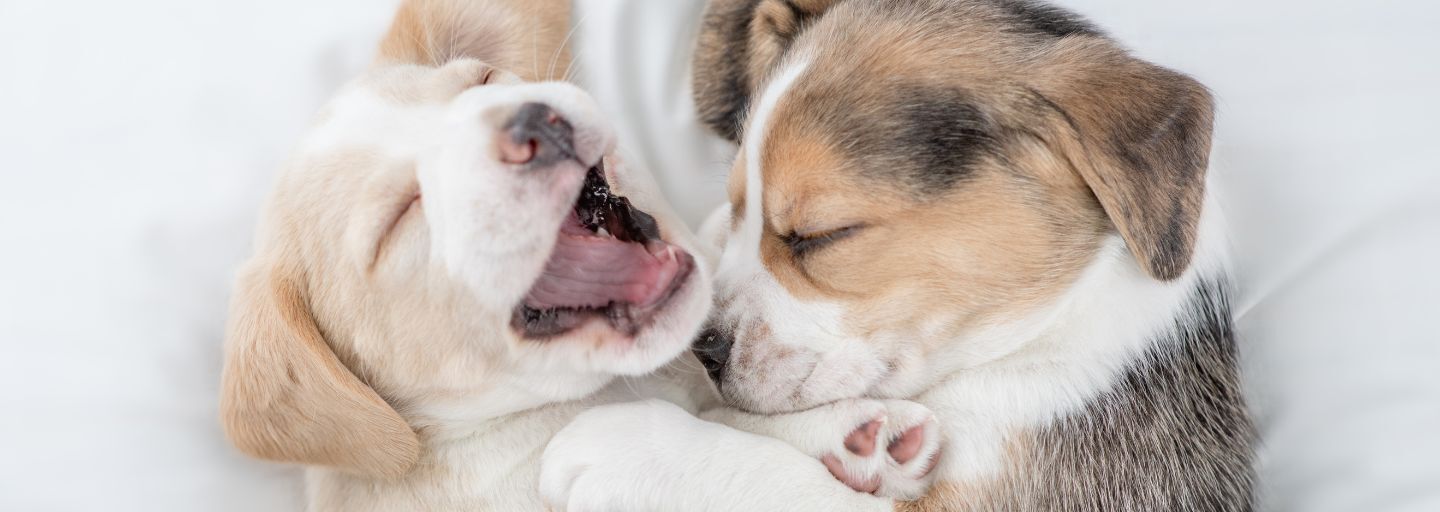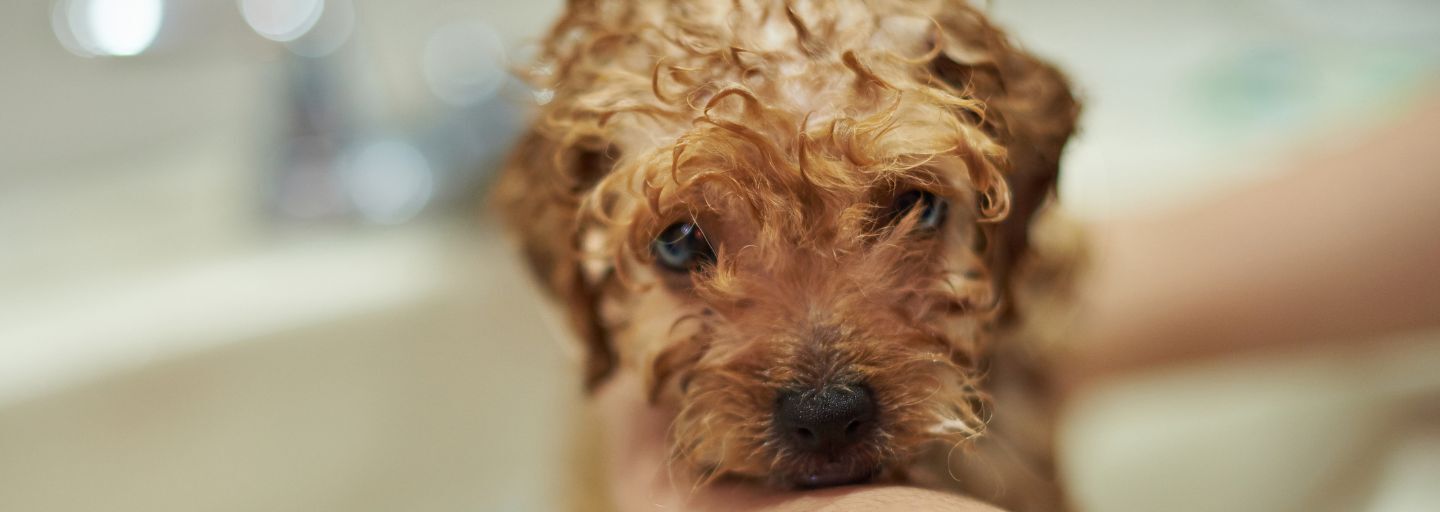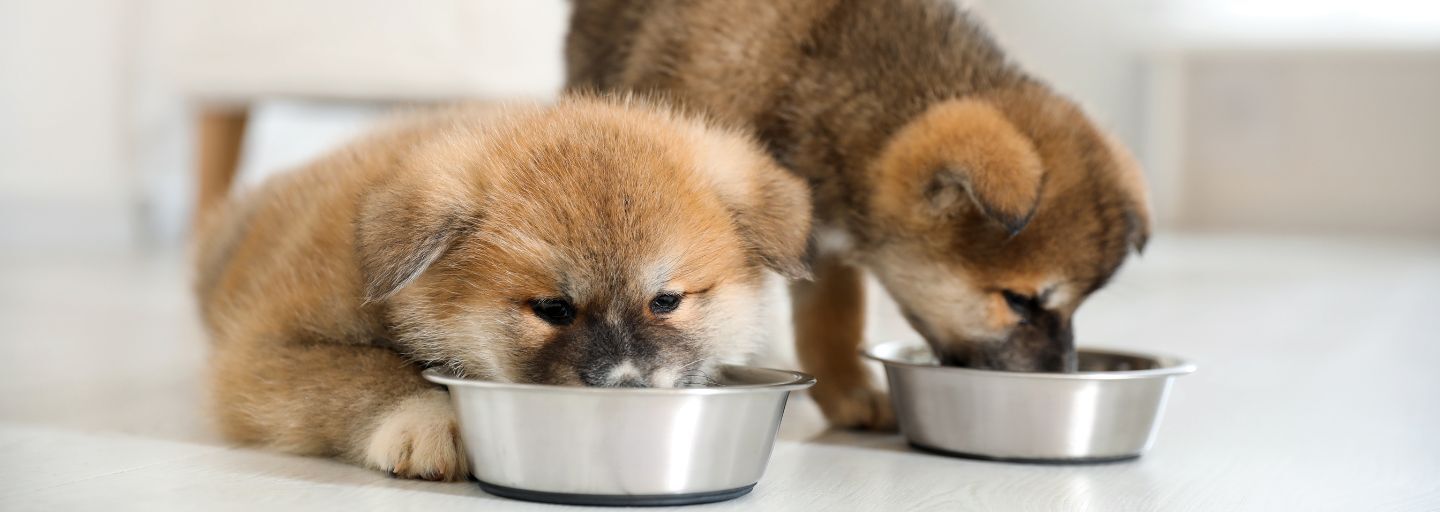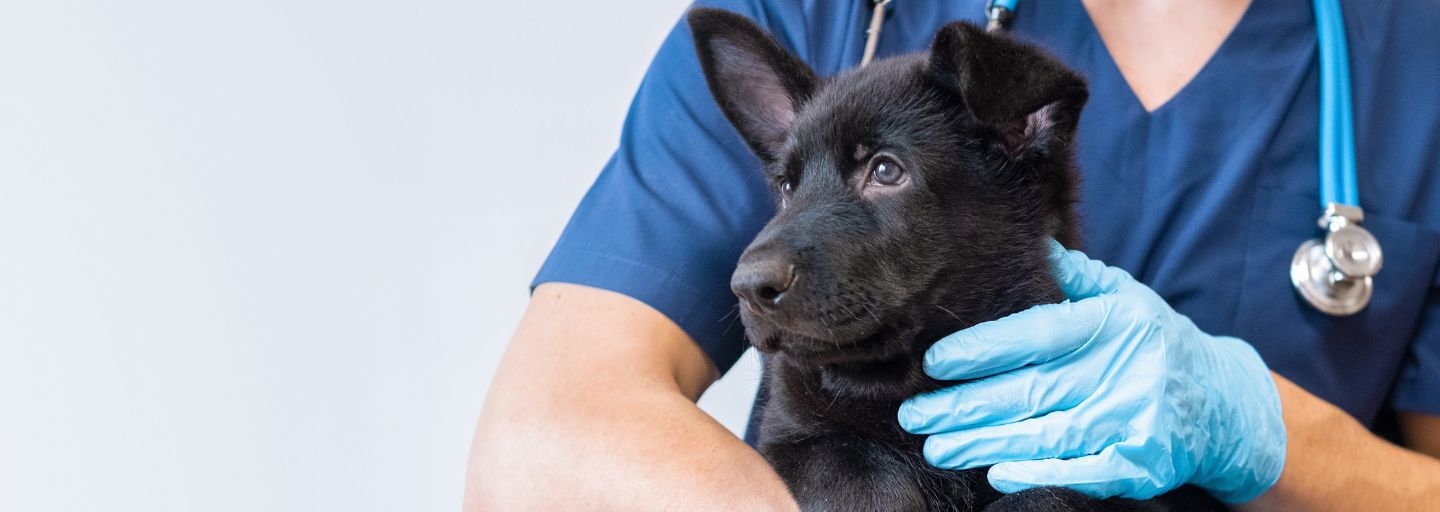Contemplating a second dog? Adding another furry friend to your family can be a rewarding experience, but it's important to consider these key pointers for a successful transition:
Timing Counts: Adding a new pup after your current dog hits a year makes sense. By this time, your dog is likely to be better trained and more bonded with you, which can help ease the introduction of a new companion.
Prep Work Pays Off: Before bringing in a new furry friend, do your research and prepare yourself and your home. Understanding the needs and characteristics of different breeds, as well as considering your current dog's temperament, can help prevent future glitches and ensure a harmonious coexistence.
Your Love Matters Most: While a second dog's playfulness is a bonus, it's important to remember that your love and attention are their true prize. Make sure you have the time and energy to devote to both dogs, providing them with the care, exercise, and affection they need.
Train First, Add Later: Prioritise training your current dog before introducing a new member to the pack. A well-trained dog can serve as a positive role model and influence the behaviour of the new dog. Learning is contagious, and a well-behaved dog can help set the tone for the new addition.
Breed and Vibes Match: Choosing breeds and personalities that complement each other can contribute to a harmonious household. Consider the energy levels, exercise needs, and compatibility of different breeds to ensure a good match between your current dog and the new one.
Gender Mix-Up: Opting for the opposite gender when adding a second dog can often lead to better coexistence. Dogs of the opposite sex tend to have fewer dominance-related conflicts, reducing the likelihood of territorial disputes.
Age Is a Factor: When adding a second dog, slightly younger dogs usually click better with your current dog. Avoid significant age gaps, as they can lead to conflicts over dominance or energy disparities. Similar energy levels and play styles can contribute to a smoother integration.
Budget Doubles: Adding a second dog means doubling your expenses. From food and veterinary care to bowls and bedding, be prepared for the financial responsibilities that come with providing for two dogs. Budgeting accordingly will ensure that both dogs receive the care they need.
Double the Fun: Embrace the extra joy and love that a second dog brings into your life. However, be prepared for the added duties and responsibilities that come with caring for multiple dogs. Time management, exercise routines, and attention to each dog's individual needs are essential for a balanced and fulfilling canine companionship.
Littermates’ Lessons
Pairing pups from the same litter can have both perks and pitfalls. Be aware of the following considerations:
• Separation Struggles: Ensure that each pup bonds with you, not just with each other. Encourage individual relationships and prevent excessive dependence on their littermate.
• Mischief Magnified: Having two pups can mean double the chaos and mischief. Be prepared for increased playfulness, energy, and potential mischief-making.
• Training Hurdles: Two active pups may require extra effort in housetraining and obedience training. Consistency, patience, and positive reinforcement are key.
• Training Tactics: Training both dogs simultaneously requires smart scheduling and individual attention to ensure that each dog receives proper training and socialization.
• Sibling Agendas: Be prepared for potential aggression or dominance struggles between littermates. Proper socialization, training, and establishing clear boundaries are crucial for a harmonious relationship.







